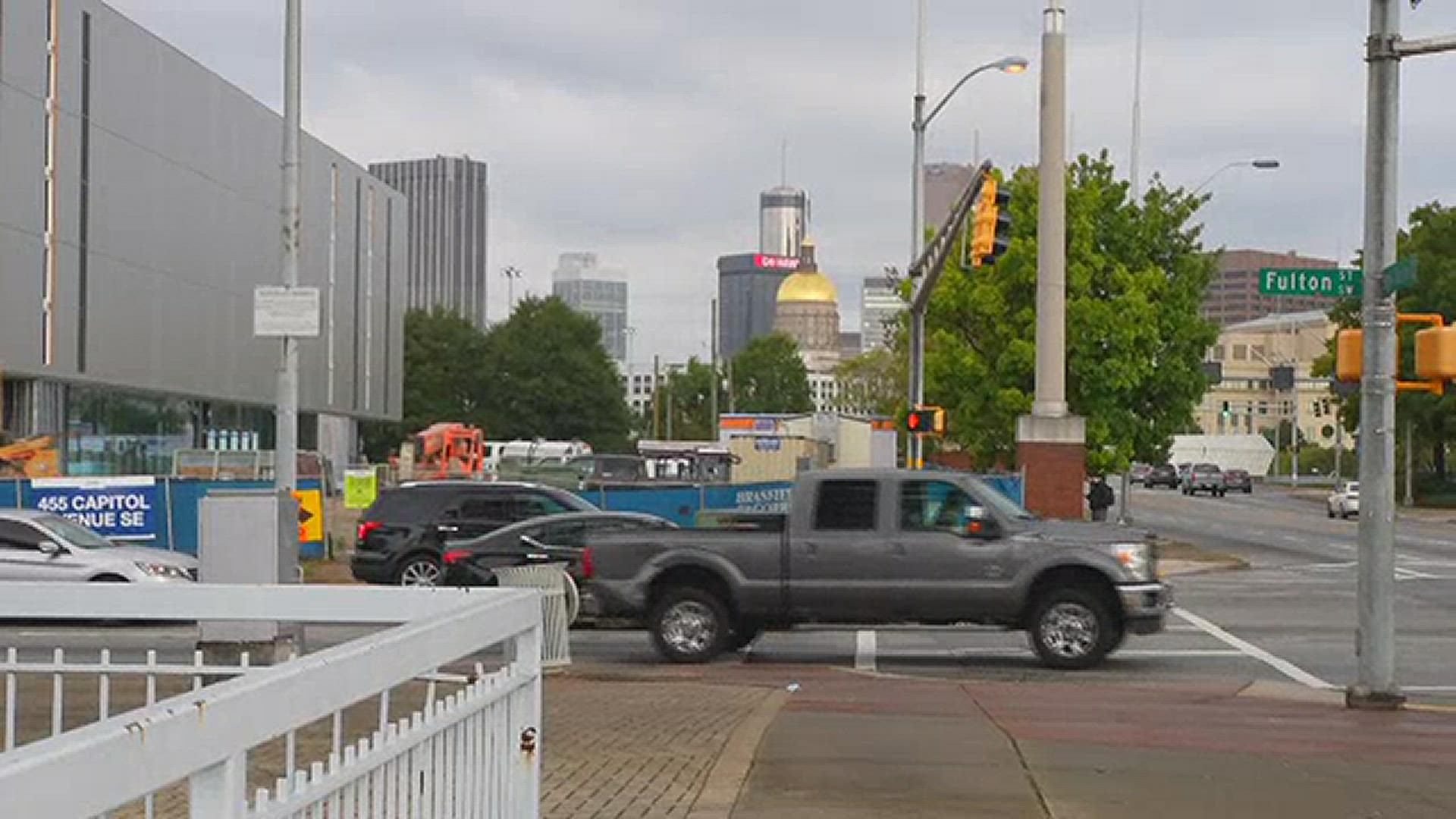ATLANTA — The Olympics bring with it a plethora of iconic moments, from hair-raising victories to shocking defeats.
However, few moments in the Games' history mean more to the city of Atlanta than Muhammad Ali's lighting of the Olympic torch in 1996.
According to former United Nations Ambassador Andrew Young, Ali had flown into Atlanta the day of the Opening Ceremony and was sequestered inside a Downtown hotel by the Atlanta Organizing Committee.
Young previously told 11Alive that Ali's participation was intended to be a secret, one that was well-kept even to members of Ali's family.
"It wasn't actually known to us that my dad was going to light the torch," Ali's daughter Rasheda Ali-Walsh told 11Alive. "We were like 'oh my gosh, he's lighting the torch.' We were screaming in excitement."
But the moment meant more than just seeing a legendary athlete take the world stage. At the time, the torch lighting was hugely significant for being the first time Ali had showed the world that he was in fact diagnosed with Parkinson's.
"At first my dad was hesitant to come on camera to light the cauldron," Rasheda recalled. "But, that hesitation went away. He thought about how many people he could help with neuro-cognitive diseases."
Grandchildren Nico Ali Walsh and his twin sister, Jamillah, said their grandfather was as gentle with loved ones as he was fierce in the ring, sharing wisdom and lessons even when words became harder to express.
RELATED: Breaking Barriers | Muhammad Ali
Decades later Nico himself would follow his grandfather, or Poppy as he calls him, into boxing. He currently has two tattoos of the late legend on his forearm, one depicting Ali as a younger man and the other of him in his older years.
Just last year, the twins along with their mother visited the spot where their grandfather stepped into the limelight to ignite the flame all those years ago.
"I've seen that video a million times over since I was a little kid," Nico said. "This is a huge part of Olympic history and also part of my history."
He added that he hopes when people re-watch video of that inspiring moment that they feel the same feelings as when they first witnessed it.

